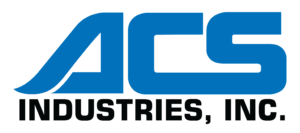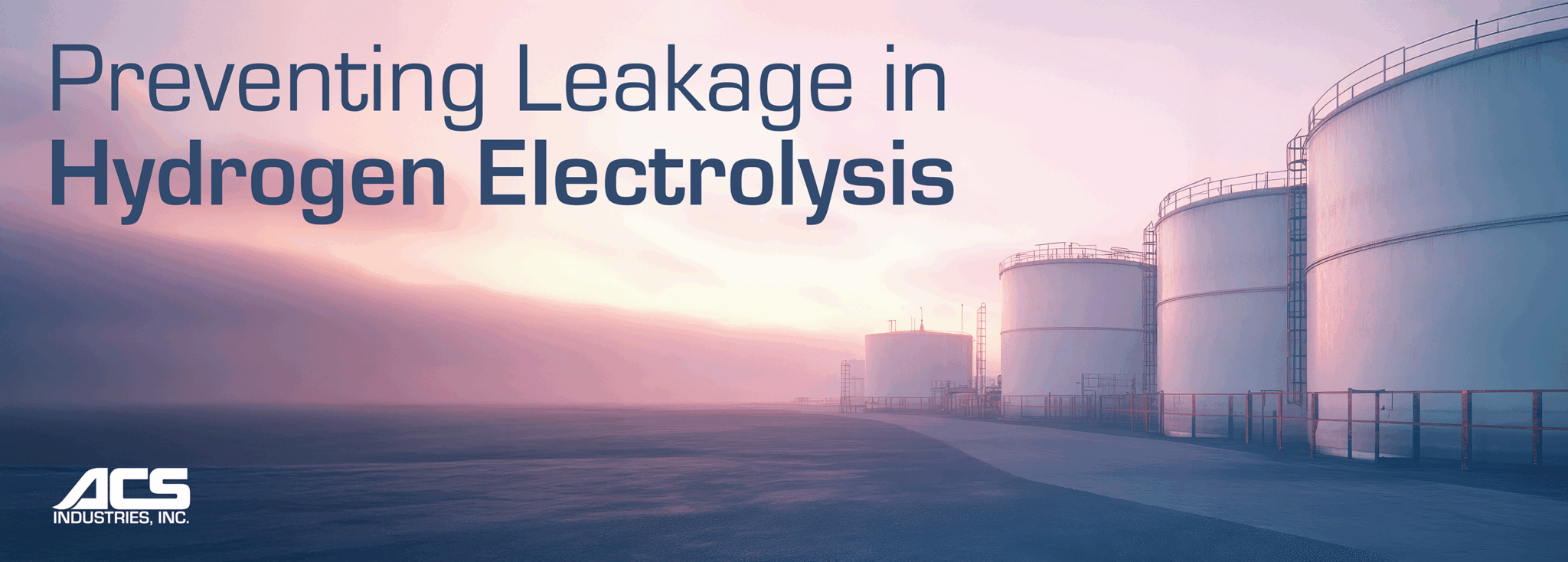How ACS Components Can Prevent Leakage
How ACS’s Green Energy Components Can Prevent Leakage in Electrolyzer Systems
Here are a few of the ways that ACS can help your organization ensure that your electrolyzer system is optimized and leak free:
- Tight Manufacturing Tolerances
- Hydrogen has a very small molecular size which makes it more prone to leakage than some other fuels, so tightly manufactured components are critical to minimizing the potential leak paths. ACS’s eight decades of experience manufacturing billions of parts for fastidious clients and successfully meeting the tightest tolerance specifications around the world has prepared us well to not only hit the tightest, most exacting conformity requirements, but to do so at unmatched scale.
- Materials Selection
- Material selection can also play a significant role in hydrogen leak prevention. Materials must be resistant to both hydrogen permeation and embrittlement or expansion or contraction during extreme temperature and pressure changes. ACS is an experienced manufacturer of titanium and nickel (two common electrolyzer component materials) as well as a vast array of other metals and alloys. Our engineers will work with you to find the perfect material for your application, using computer modeling tools to determine exact final part characteristics.
- Advanced Manufacturing Techniques
- Advanced manufacturing techniques can play a significant role in leak prevention. Diffusion bonding can be used to ensure that adjacent components in an electrolyzer stack are reliably and uniformly joined in order to prevent any potential leakages. ACS is the first organization to perfect the industrial scale diffusion bonding of titanium components in our Monterrey Mexico facility. Product cleaning can also be extremely important in leak prevention. Molecular contaminants can lead to less-than-ideal bonds between components which can, in turn, result in leakage. ACS has invested heavily in advanced product cleaning lines to ensure that all of our components arrive free of any molecular contamination.
Choosing the Right Partner for Electrolyzer Components
ACS Industries brings decades of expertise in hydrogen electrolyzer components and custom-engineered materials, including pioneering work in expanded and diffusion-bonded titanium. Collaborating with ACS reduces risk, improves durability, and helps accelerate the clean energy transition.
Contact our experts today to discuss your hydrogen electrolysis material needs and discover how our advanced solutions can elevate your electrolyzer systems and prevent costly leakage.


